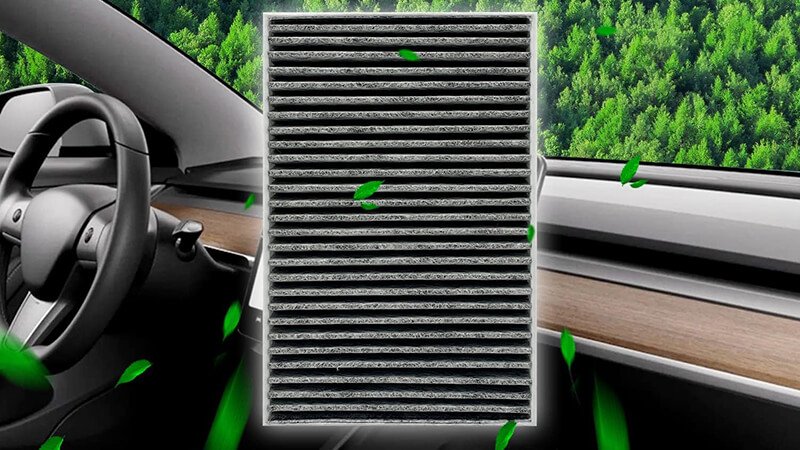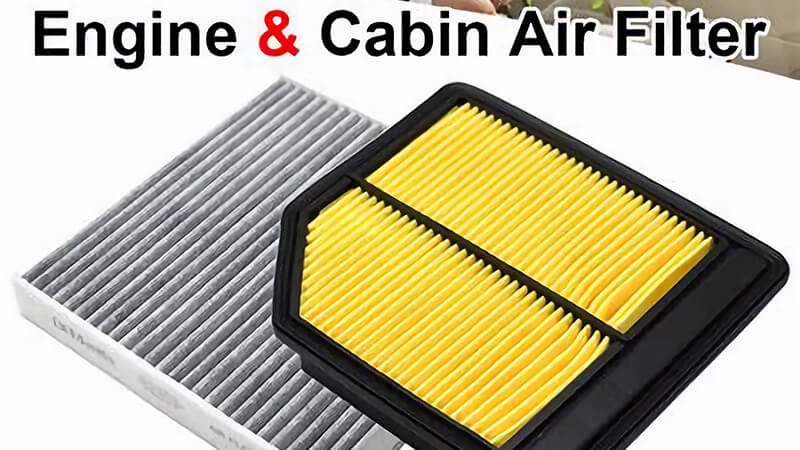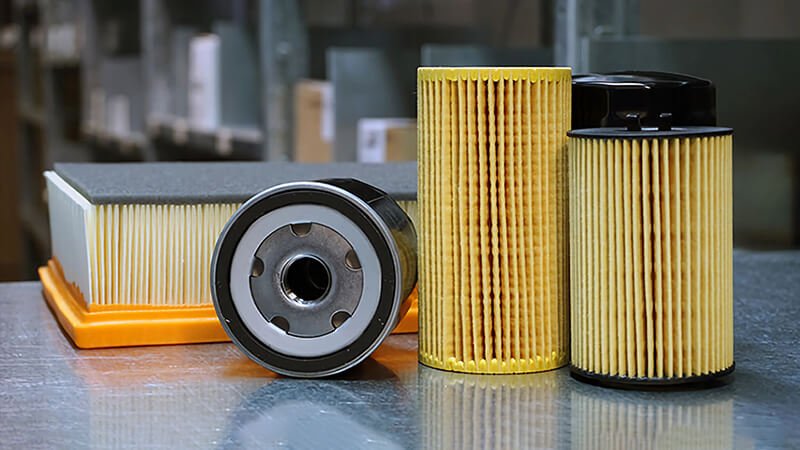Most drivers never think twice about their cabin air filter—until their windshield fogs up, their AC sputters, or a musty smell hits their nose. That’s when I get the call.
Cabin air filters aren’t just about clean air—they’re critical for HVAC performance, driver comfort, and long-term maintenance savings.
Too many fleet managers and wholesalers still think of cabin filters as “nice-to-have.” I used to think the same—until I saw how they cut down HVAC repairs, customer complaints, and fogged-up glass. Let’s unpack the truth.

Is it bad to run a car without a cabin air filter?
Driving without a cabin air filter sounds harmless. After all, the engine still runs. But look closer. The problems start small—and then pile up.
Running a car without a cabin filter exposes the HVAC system to debris, accelerates wear, and allows allergens and pollutants into the cabin. Over time, this compromises both vehicle performance and passenger comfort.
Why skipping a cabin filter causes long-term issues
A cabin filter isn’t decorative—it’s the gatekeeper for your vehicle’s entire ventilation system.
What it blocks:
| Contaminant | Without Filter | With HEPA Cabin Filter1 |
|---|---|---|
| Pollen | Enters cabin | 99% filtered |
| Dust & Road Debris | Clogs system | Filtered before entry |
| Mold Spores | Circulates inside | Trapped |
| Exhaust Fumes | Inhaled | Reduced significantly |
Runex Auto’s cabin air filters2 are designed with multi-layer filtration. We use melt-blown fiber layers to trap microscopic particles. Our HEPA line filters particles down to 0.3 microns. It protects the system—and the passengers.
When one buyer refused to spec cabin filters into his fleet to “save costs,” his HVAC replacement expenses doubled within a year. Once we helped him switch to our filters, his complaints dropped—and so did his service calls.

What happens if I don't replace my cabin filter?
Every component wears out—including your cabin filter. And when it’s overdue for replacement, the symptoms spread quickly.
Failing to replace your cabin filter can lead to restricted airflow, increased strain on the AC, unpleasant odors, and fogged windows—making the driving experience unsafe and uncomfortable.
How a clogged cabin filter triggers bigger problems
Most filters need replacement every 12,000–15,000 miles. But that varies by region, driving environment, and weather.
Signs of a worn-out filter:
- Weak AC airflow3
- Unusual noises from vents
- Fogged windows that won’t clear
- Persistent musty smell
- Increased allergy symptoms inside the car
At Runex Auto, our filters are built for longevity and airflow. We optimize pleat count to balance dust capacity with ventilation. That means even after 10,000 miles, airflow stays consistent.
I’ve had customers ask if it’s okay to stretch replacement intervals. My answer? You don’t wait for your engine to stall to change the oil—don’t wait for fogged windows to change your cabin filter4.

Are cheap cabin air filters ok?
It’s tempting to buy the cheapest option on the shelf. After all, how different can they be? A lot, actually.
Cheap cabin filters often use thin paper media that clogs quickly, tears easily, and offers minimal filtration—compromising both HVAC protection and cabin health.
Why filter quality matters more than you think
Not all filters are created equal. Here’s what separates a premium Runex filter from generic low-cost ones:
Construction differences:
| Feature | Cheap Filter | Runex Cabin Filter |
|---|---|---|
| Filtration media | Thin, low-density paper | HEPA-grade multilayer fiber5 |
| Frame rigidity | Weak, warps under pressure | High-tensile plastic frame |
| Airflow performance | Drops quickly | Engineered for flow balance |
| Filter longevity | 3,000–5,000 miles | Up to 15,000 miles |
We don’t chase the lowest price—we focus on lifecycle value6. When filters fail early, they lead to downstream damage. That’s why we’ve invested in lab testing for dust holding capacity and pressure drop curves.
One of our fleet clients switched from bargain-bin filters to our premium line. The upfront cost was 40% higher, but their maintenance costs fell by 25% over six months. The math speaks for itself.

Do better air filters make AC work harder?
This is a common concern. I’ve heard customers worry that “denser filters” might choke the system. It’s a fair question—but it misses the real engineering.
High-quality filters like ours are engineered to maintain airflow efficiency. In fact, poor-quality filters restrict AC more than properly designed high-performance ones.
Airflow vs. filtration: Striking the balance
The key metric here is pressure drop7. It measures how much resistance a filter creates in the airflow. Low-quality filters might look open but clog rapidly, forcing the AC to work harder.
Our design approach:
- Pleat optimization: More pleats = more surface area = better flow
- Media layering: We combine coarse pre-filtration with HEPA material
- Rigid frame: Holds shape under vacuum load
In testing, our filters maintained 90% airflow efficiency8 even after 10,000 miles of dust exposure. In contrast, cheaper brands fell below 60%—causing the blower to compensate with more energy use.
When customers say their AC is “struggling,” I always ask about the cabin filter. A $12 part shouldn’t make a $1200 HVAC system work overtime.

Conclusion
Cabin air filters9 aren’t optional—they’re essential. From keeping air clean to protecting HVAC systems, they punch far above their weight. At Runex Auto, we’ve seen how the right filter cuts costs, reduces complaints, and keeps drivers breathing easy. So the next time someone says, “cabin filters are just hype,” I’ll tell them what I’ve seen: foggy glass, foul air, and frustrated drivers. That’s not hype—that’s reality.
-
Discover the science behind HEPA cabin filters and their role in trapping harmful particles for a healthier driving experience. ↩
-
Explore this link to understand how cabin air filters enhance air quality and protect your vehicle's HVAC system. ↩
-
Exploring AC airflow can help you maintain a comfortable driving experience and prevent costly repairs. ↩
-
Understanding the importance of a cabin filter can enhance your vehicle's air quality and performance. ↩
-
Discover how HEPA-grade multilayer fiber filters can enhance air quality and filter efficiency, making them a smart investment. ↩
-
Learn about lifecycle value and how it can save you money and improve performance in the long run. ↩
-
Understanding pressure drop is crucial for selecting efficient air filters that optimize HVAC performance and energy use. ↩
-
Exploring airflow efficiency helps ensure your HVAC system runs optimally, saving energy and improving comfort. ↩
-
Finding the best quality auto cabin air filter from Runex Auto. ↩












